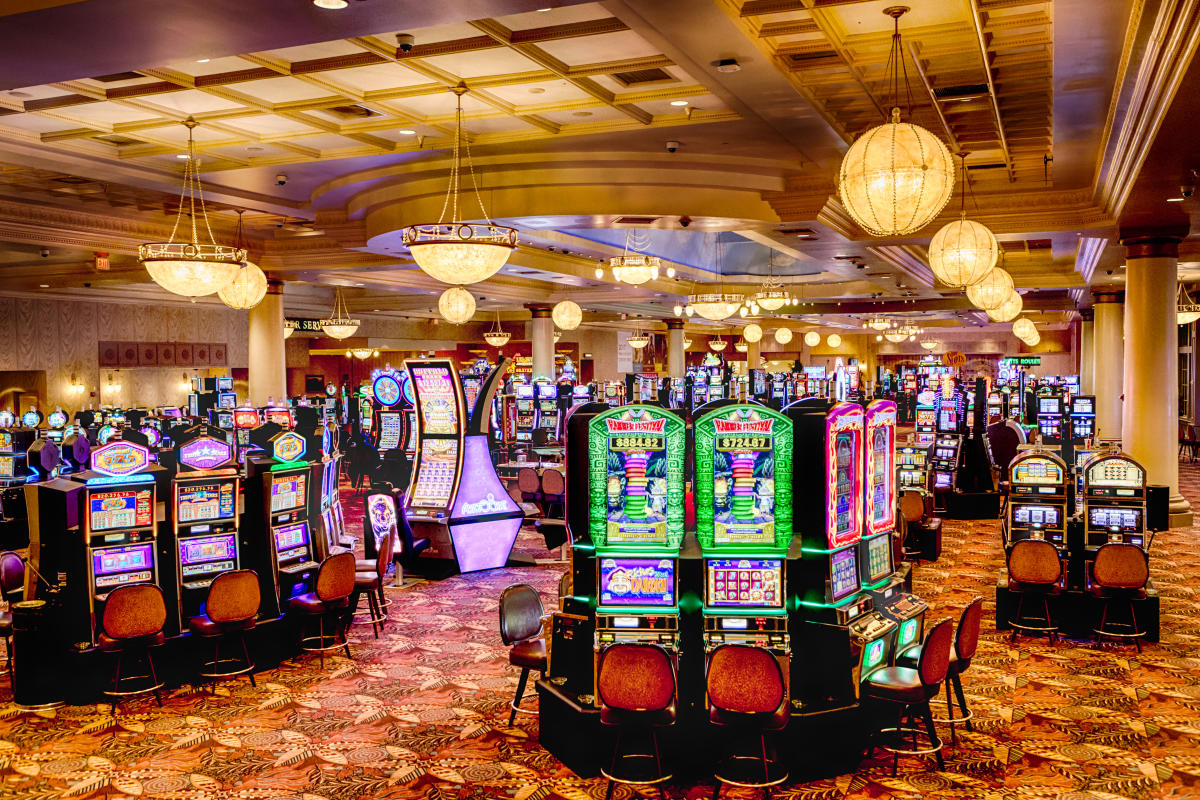
The appeal of casino-related activities has captivated huge numbers of people around the planet for ages. From the turning roulette device to the noise of dealing cards, the rush of fortune and skill merges to create an energetic environment that attracts people in. These activities are not just hobbies; they have evolved into an valuable part of the leisure industry, evolving into a global phenomenon that spans lavish hotels, vibrant online platforms, and all that lies in between.
As the need for unique and immersive adventures keeps to grow, the narratives behind the triumph of gambling games reveal a captivating realm. Entrepreneurs and designers are continuously stretching the limits of imagination and innovation, resulting in the rise of novel entertainments and engaging tech. Delving into these narratives offers us understanding into the effort needed to build a casino game enterprise and the enthusiasm that drives those operating behind the scenes.
The Development of Casino Games
Gambling games have a vast past that dates back hundreds of years, with their beginnings frequently connected with ancient ceremonies and social gatherings. The earliest types of gambling can be connected back to ancient China, where dice games were enjoyed, and also to the Romans who participated in betting on different events. Over time, these rudimentary forms of entertainment evolved into better organized forms, leading to the development of games like baccarat and roulette in the 17th century. These initial gambling games laid the basis for the industry we see today.
As society progressed, so did the complexity and variety of gambling options. The 19th century marked a noteworthy milestone with the establishment of official gambling establishments in places like Monte Carlo and Las Vegas. This era saw the rise of well-known games such as poker and blackjack, which captured the interests of participants around the world. nhà cái uy tín The growth of these games was fueled by innovations in game design and the development of betting regulations that made the industry more structured and attractive to the public.
The digital transformation in the final 20th and early 21st centuries altered the landscape of gambling options yet again. The introduction of the internet brought about virtual casinos, enabling users to enjoy their favorite games from the convenience of their homes. This shift not only expanded the reach of casino games but also opened up new formats like live dealer games and mobile gaming apps. Today, the casino game industry continues to develop, with cutting-edge technologies such as virtual reality and blockchain potentially set to transform the future of betting.
Effective Casino Game Development Strategies
The foundation of a thriving casino game empire lies in the creation of captivating and creative games that engage players. A effective strategy requires comprehensive market research to grasp up-to-date trends and player preferences. By reviewing user feedback and watching successful titles, developers can determine what resonates with players and what features are in demand. Incorporating distinctive themes, varied game mechanics, and artistically appealing graphics are essential to stand out in a cutthroat landscape.
Collaboration is yet another key factor of winning game development. Assembling talented designers, programmers, and mathematicians certifies that games are both visually stunning but also equitable in terms of gameplay. Encouraging clear communication among team members fosters creativity and results in innovative concepts. Moreover, engaging with players during the beta testing phase allows developers to gather insightful insights that can refine gameplay elements before the official launch.
Lastly, impactful marketing strategies cannot be overlooked in establishing a flourishing casino game empire. Creating a persuasive narrative around the game and utilizing social media platforms to create hype can significantly impact player acquisition. Offering deals, loyalty rewards, and engaging in community events can additionally enhance player retention. By blending strong development practices with astute marketing, game developers can create an engaging experience that keeps players returning for more.
A Outlook of Gambling Gaming
The scene of gambling play is evolving rapidly, driven by developments in tech and evolving consumer tastes. Online and mobile play is poised to dominate the sector as more players seek ease and access. Augmented reality and augmented AR are also entering into the gambling experience, providing captivating settings that elevate classic gaming to a new standard. As gamblers crave more interactive and engaging experiences, casinos will need to adapt and innovate to keep their customers interested.
Additionally, the incorporation of artificial intelligence and information analytics will play a crucial role in defining the prospects of casino gaming. Casinos will utilize data to comprehend player behavior, personalize interactions, and boost customer service. Personalization will become essential, as players will want plays that adjust to their tastes and play styles. As the gaming industry utilizes these insights, the creation of novel play formats and features will probably emerge, keeping the casino experience fresh and exciting for everyone.
Moreover, the movement towards responsible gaming is becoming increasingly notable. As regulators and players focus more on player well-being, casinos will need to introduce measures that encourage safe gaming practices. This could include features that allow players to set limits on their expenses and time spent playing, as well as better resources for those who may be dealing with gaming addiction. By prioritizing responsible play, casinos can establish trust with their customers and ensure a lasting future in the competitive environment of gambling play.
